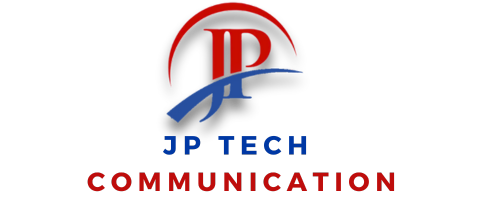Difficult Conversations Aren’t About the Words
I don’t know about you, but I get sweaty during tough talks. They aggravate me. However, I’ve encountered enough of them over the years to be aware of three things:
- They’re going to happen.
- They’re never about the thing being discussed.
- You can actually get better at them.
What is is the first truth. However, it’s worthwhile to pause and investigate the second.
That exchange when a client wants to dispute the charge because they don’t agree with it? Money is not the main concern. Money is never the main factor. They eventually started to feel ignored, undervalued, and irrelevant, which made them miserable. That’s the main idea here.
Icy reaction or cold shoulder? It might have nothing to do with the previous exchange. Alternatively, it could have to do with recently found facts or a feeling that the truth was concealed.
It’s rarely, if ever, about what you first believe it to be or what they claim it’s about.
Fortunately, you can improve your ability to handle challenging interactions and avoid being frozen, locked up, or retreating within yourself.
Pause on the Facts, Emotions are Key
One fact that relates to what I said in my last paragraph is that most difficult talks don’t truly centre on the facts. We’d like to think so. Frequently, we rely on the facts in the hopes that they will support our position.
However, facts have little to nothing to do with a difficult talk. It’s not simply about feelings. They are the main force.
After all, it’s simple to assume good intent when there is no disagreement. It starts to be helpful when there is a real obstacle. And accepting that challenge means trying to emotionally connect in addition to assuming good intent.
Did you try to walk in their shoes? Have you considered what might have actually injured them? And how examining the murkier side of the equation might help you earn respect and trust.
Eliminate Blame and Embrace Narratives
Working with clients in the agency business may lead to discussions about that latest bill. or the subsequent milestone payment. All of a sudden, you’re having a discussion about how your employees haven’t performed up to par.
Most of us, of course, have anecdotes about all the missteps our clients have made. Now is not the moment to assign blame.
Rather, concentrate on the aspect of their story that you can accept. More context is always helpful. The majority of circumstances are significantly more intricate than the short story we tell ourselves. So delve in and learn more about the background.
This will assist you in converting your basic 2D representations of their “side” into accurate 3D representations of what transpired. Steve, my friend and Zeek’s owner, is really gracious about this. He will enter a meeting with one goal in mind: to comprehend the circumstances and any previously unknown portions of the narrative. He approaches with the working hypothesis that there’s more for him to learn, and then he uses that to serve his customers better.
Remember, That You Can Improve at Tough Conversation
My buddy Jennifer Bourn is one of my favorite people in the world because she’s had so many difficult talks. She stays out of their way. Similar to Steve, she approaches every encounter with the intention of improving rather than winning.
The other day, we were discussing this in relation to agency owners and the difficult talks they must have—almost every day.
I then made the decision to interview her. Additionally, you can register (it’s free) to hear me ask her all the hard questions regarding difficult talks and to receive access to the scripts she has prepared so you won’t be caught off guard.
This Thursday is the webinar, titled “Why didn’t I think of that?” and it’s everything you, as an agency owner, wish you had known how to say when things became bad.



